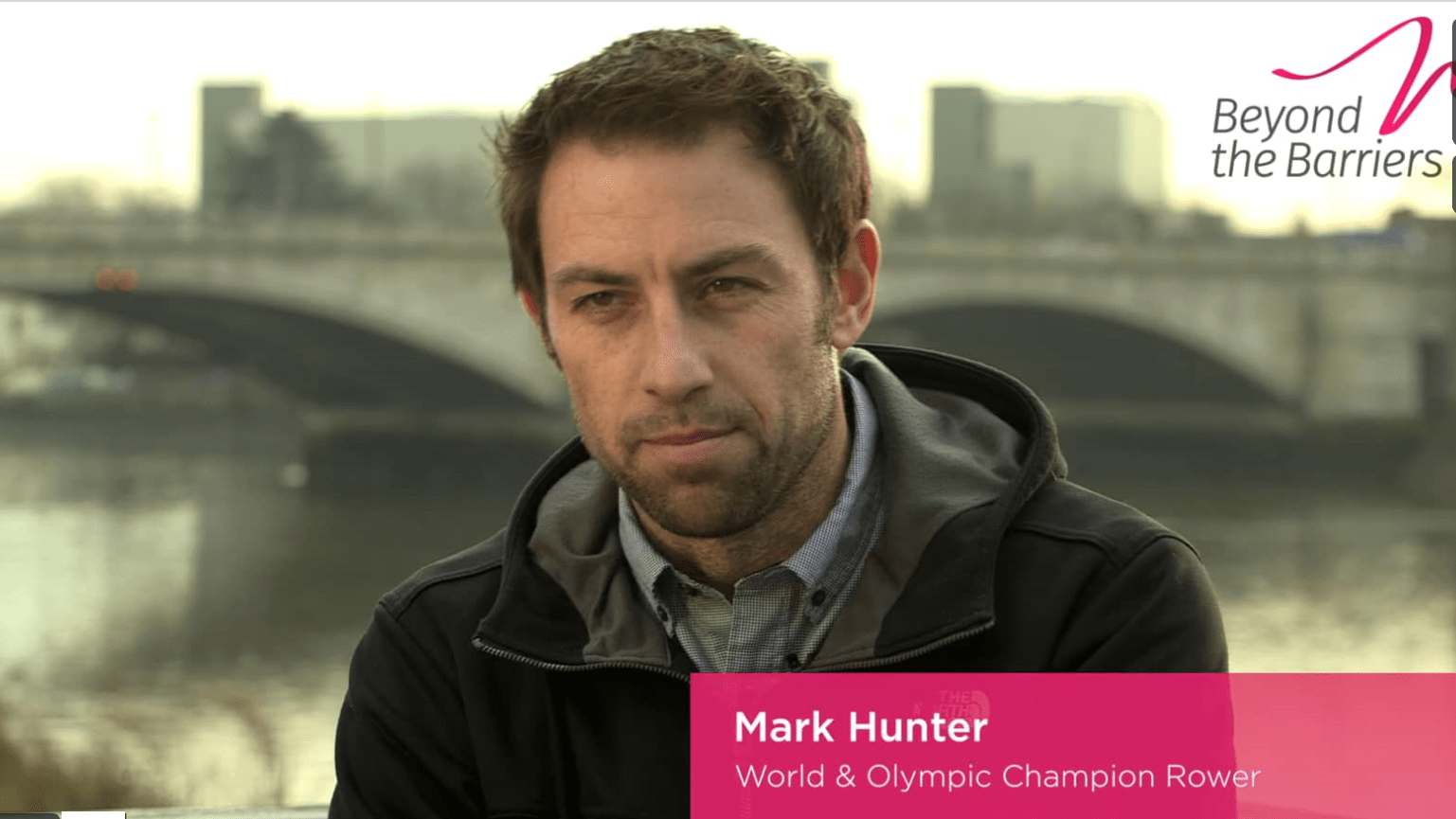Executive Athlete 1: The Winning Mindset
In this series of articles I will explore the lessons we can take from the world of elite sport. This first post will examine how you can adopt the winning mindset to reach your goals.
In the modern corporate world everyone is under pressure to get things done quickly, the pace is relentless and the demands are endless. We often find ourselves with a diary of back to back meetings, working through lunch and jumping from one performance to the next. This kind of pace usually means that we fail to engage in quality preparation and review either side of a performance.
Preparation is the Key to success
In the elite world of sport that I come from, we would never do this. You wouldn’t dream of turning up to the Olympic Games without having done the preparation; instead you arrive knowing that you have left no stone unturned. This enables you to sit on the start line full of confidence, with the belief that you’re as ready as you can be, all the preparation is done and all that remains is to execute the performance.
If you want to deliver your best performance in a sales pitch, add quality input and ideas to a brainstorming session, and you want to turn up brimming with self-belief, you have to do the preparation. Knowing that you have your ideas at the tips of your fingers, creative suggestions in your back pocket and quality questions up your sleeve will allow you to arrive with confidence.
Reconnect with your successes
The other critical part of the preparation phase that athletes engage in to build confidence is reconnecting with previous successes. In the build-up to a big championship I would regularly remind myself of all my previous world and European championship victories, bringing to the forefront of my mind all of the great performances I had delivered. I would also remind myself of all of the fast time trials I had been doing recently. This process would serve to build my self-belief.
Next time that you find yourself feeling a little bit anxious about an upcoming performance or challenging situation, take a few moments to reconnect with some of your previous successes. Perhaps recall the last time that you were in this situation and dealt with it well or maybe a similar challenge that you excelled at and you can draw confidence from.
Review your performance
When the task is complete the final element of the performance cycle is the review stage. After every race that I competed in, win or lose, I would sit down with my coach and assess how it went. We would discuss what went well and what didn’t go so well. Most importantly what can we learn from the performance that is going to help me in the next race. How often do you take time to reflect on a performance or a project?
Ask for feedback
A key element of the review phase is giving and receiving feedback. In the business world sometimes we wait until an annual review to give feedback. I couldn’t wait until the end of the season for a performance review; I could be doing the wrong thing for 12 months. If I wanted to constantly improve and build confidence I needed frequent feedback and regular conversations about how we could keep improving.
I would receive feedback from all of the different people in my team – coach, physio, sports scientists, nutritionists etc. When I was on the water I was getting feedback from my GPS and heart-rate monitor, input from my coach on technique, on stroke rate, feedback after the session. We knew that every bit of feedback was competitive advantage. How often do you seek feedback? If you’re a leader, how often do you give feedback?
In summary, here are some key recommendations to develop your athlete mind-set:
- Slow down and make time to prepare
- Reconnect with your previous successes in order to build self-belief
- Take time to reflect on the performance and the lessons that can be learned
- Regularly seek feedback
For more information on how we can help you and your staff enhance performance please visit our high performance and leadership section.

Published: Wednesday 20 June 2018
Written by: Anna Hemmings MBE



